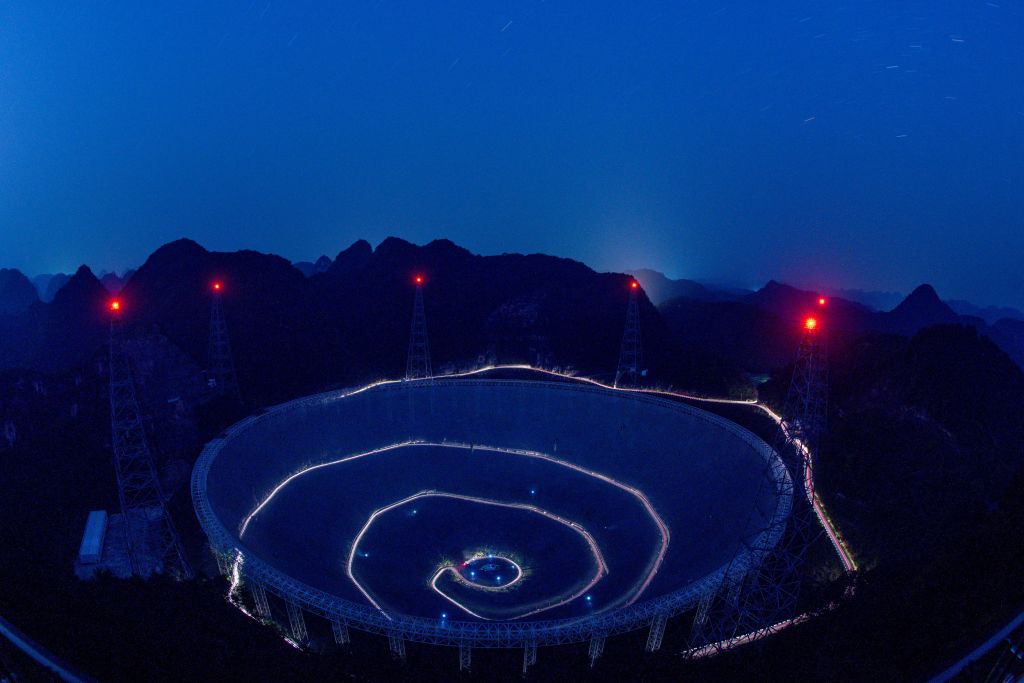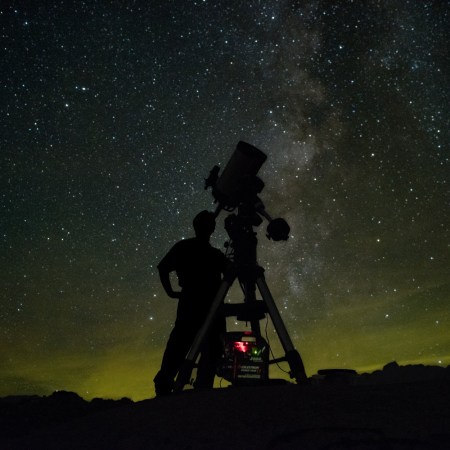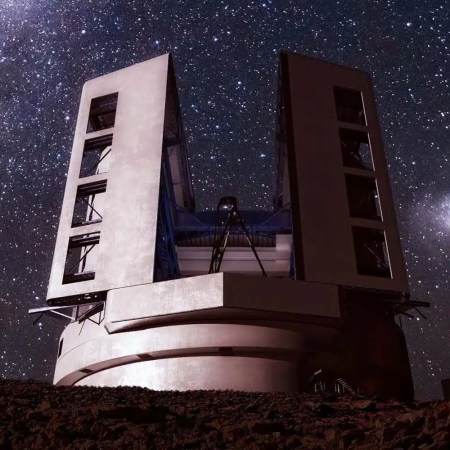Late last year, Puerto Rico’s massive Arecibo radio telescope collapsed, leaving scientists who relied upon its capabilities for their research in a difficult position. There aren’t many facilities across the globe capable of that level of detailed observations of the cosmos, and the loss of one complicated the work of a large array of scientists. On the other side of the world from Arecibo, a new facility might be able to pick up some of the slack — but it also offers challenges both logistical and political.
A new article by Sarah Scoles at Undark and The Atlantic focuses on China’s Five-Hundred-Meter Aperture Spherical Radio Telescope, or FAST. FAST is located in Guizhou, and it’s the largest single-disc radio telescope in the world. Earlier this year, the facility began the process of accepting proposals from scientists based overseas. According to Scoles’s article, the facility plans to allocate 10% of the telescope’s time to foreign researchers, with the remaining 90% dedicated to domestic scientific efforts.
Allowing international researchers to utilize a facility like this is a common practice around the world. As the article points out, though, geopolitical conflicts between the United States and China could prompt some issues here. “American researchers have faced increasing censure for taking undisclosed money from China, the U.S. fears its rival would like to steal intellectual property, and concrete restrictions exist for certain space scientists who’d like to work across these particular borders,” Scoles writes.
Can astronomers from both countries work together even as their respective governments take a warier position? That’s their hope.
Thanks for reading InsideHook. Sign up for our daily newsletter and be in the know.


















